Ever wondered how NATO keeps its defenses so tightly coordinated? It’s all about harnessing the power of data and AI to make smarter, faster decisions. With advancements in data analytics and artificial intelligence, NATO has transformed defense strategies, ensuring each move is as calculated as it is efficient. From their strategic Data Exploitation Programme to AI-enhanced operations, NATO is setting the bar high for defense coordination. Dive into this article to explore how these cutting-edge technologies are being leveraged to boost military effectiveness and safeguard international peace.
Integrating AI in NATO’s Military Operations
How does NATO integrate AI into its military operations? Precision: NATO’s integration of AI spans across various domains including autonomous systems, battlefield awareness, logistics, and cybersecurity. The use of AI in these areas is crucial in enhancing operational efficiency and strategic planning. By leveraging advanced AI tools, NATO not only improves the speed and accuracy of its operations but also ensures robust defense mechanisms against emerging threats.
Autonomous Systems
What role do autonomous systems play in NATO’s operations? Precision: Autonomous drones and multi-agent systems significantly enhance NATO’s military efficiency. These technologies allow for greater flexibility in reconnaissance and strike missions by enabling a single operator to control multiple drones simultaneously. This reduces reliance on expensive manned systems and increases operational reach. The implementation of autonomous systems means that NATO can conduct operations with increased precision and reduced risk to human life.
Battlefield Awareness
How does AI enhance battlefield awareness for NATO? Precision: AI-driven tools like the Political-Military Assisted Decision Making (PM-ADM) system drastically improve situational awareness and decision-making. These tools process vast amounts of data in real-time, providing commanders with strategic insights that are critical for making informed decisions quickly. By highlighting potential threats and opportunities on the battlefield, AI enhances NATO’s ability to respond effectively to dynamic situations.
AI in Logistics and Cybersecurity
What impact does AI have on logistics and cybersecurity within NATO? Precision: In logistics, AI plays a pivotal role in predictive maintenance and autonomous resupply, ensuring that equipment remains operational and supplies are delivered efficiently. This minimizes downtime and enhances the readiness of military forces. In terms of cybersecurity, AI-driven systems are essential for monitoring networks, detecting anomalies, and responding swiftly to cyber threats. These capabilities are integral to protecting sensitive information and maintaining the integrity of NATO’s defense infrastructure.
Through these applications, AI not only streamlines military operations but also provides NATO with a strategic advantage, enabling the Alliance to anticipate and counter threats with unprecedented efficiency.
Overcoming Challenges in AI and Data Integration for NATO
What are the general challenges NATO faces in integrating AI and data into defense operations? Precision: NATO confronts issues like data maturity, security, privacy, and AI adoption limitations. These challenges arise from the complexity of handling vast datasets while ensuring that data remains secure and private. Additionally, AI systems sometimes produce unpredictable results, such as hallucinations or nondeterministic outputs, which can complicate their use in critical defense contexts. Successfully addressing these challenges is crucial for the effective integration of AI and data technologies in military operations.
- Data Maturity: Developing comprehensive frameworks to improve data quality and accessibility.
- Security Concerns: Implementing stringent cybersecurity measures to safeguard data.
- Privacy Issues: Establishing protocols to protect sensitive information from unauthorized access.
- AI Limitations: Refining AI algorithms to reduce errors and improve reliability.
Why is it important to emphasize ethical AI deployment and maintain human oversight in NATO’s defense operations? Precision: Ethical AI deployment ensures that AI technologies are used responsibly and transparently, aligning with NATO’s values and standards. Maintaining human oversight is vital to prevent AI systems from making autonomous decisions that could lead to unintended consequences. By implementing robust AI governance frameworks, NATO can ensure that AI applications are used ethically while upholding accountability and human control. This approach not only enhances trust in AI technologies but also ensures that they contribute positively to defense objectives.
Final Words
NATO’s data strategy is a powerful tool in modern defense, emphasizing data as a strategic asset and integrating AI to boost operational efficiency. The Data Exploitation Programme’s initiatives ensure seamless data management, encouraging effective data sharing and interoperability. AI plays a significant role, from improving battlefield awareness to enhancing logistics and cybersecurity.
Despite challenges like ethical considerations and interoperability issues, NATO remains committed to innovative solutions. How NATO uses data and AI to coordinate defense showcases a forward-thinking approach that reflects their dedication to cutting-edge technology, ensuring safe and efficient operations in the complex world of defense.
FAQ
What is the AI strategy for NATO?
NATO’s AI strategy focuses on integrating AI across operations like autonomous systems, battlefield awareness, and logistics to enhance military efficiency and security.
How is AI used in defense?
AI is used in autonomous drones, situational awareness tools, predictive maintenance, and cybersecurity measures to improve operational efficiency and decision-making in military contexts.
What role does NATO play in our defense?
NATO plays a crucial role by enhancing defense coordination among member nations through strategic initiatives like data sharing protocols, AI integration, and improving military infrastructure.
What is the new NATO AI?
The new NATO AI involves integrating advanced AI applications in military operations, like AI FELIX for document processing and PM-ADM for strategic insights, to streamline and improve efficiency.
